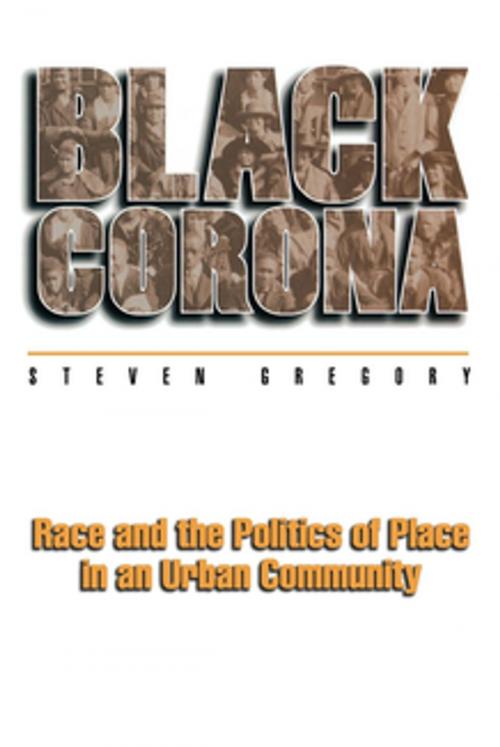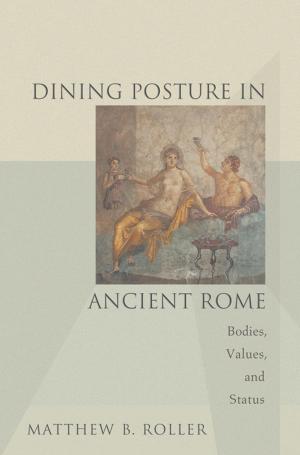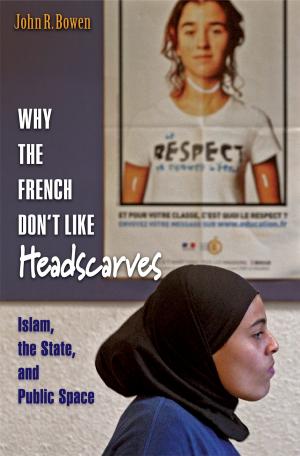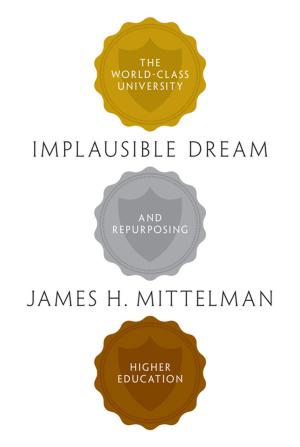Black Corona
Race and the Politics of Place in an Urban Community
Nonfiction, Social & Cultural Studies, Social Science, Cultural Studies, Ethnic Studies, African-American Studies| Author: | Steven Gregory | ISBN: | 9781400839315 |
| Publisher: | Princeton University Press | Publication: | March 28, 2011 |
| Imprint: | Princeton University Press | Language: | English |
| Author: | Steven Gregory |
| ISBN: | 9781400839315 |
| Publisher: | Princeton University Press |
| Publication: | March 28, 2011 |
| Imprint: | Princeton University Press |
| Language: | English |
In Black Corona, Steven Gregory examines political culture and activism in an African-American neighborhood in New York City. Using historical and ethnographic research, he challenges the view that black urban communities are "socially disorganized." Gregory demonstrates instead how working-class and middle-class African Americans construct and negotiate complex and deeply historical political identities and institutions through struggles over the built environment and neighborhood quality of life. With its emphasis on the lived experiences of African Americans, Black Corona provides a fresh and innovative contribution to the study of the dynamic interplay of race, class, and space in contemporary urban communities. It questions the accuracy of the widely used trope of the dysfunctional "black ghetto," which, the author asserts, has often been deployed to depoliticize issues of racial and economic inequality in the United States. By contrast, Gregory argues that the urban experience of African Americans is more diverse than is generally acknowledged and that it is only by attending to the history and politics of black identity and community life that we can come to appreciate this complexity.
This is the first modern ethnography to focus on black working-class and middle-class life and politics. Unlike books that enumerate the ways in which black communities have been rendered powerless by urban political processes and by changing urban economies, Black Corona demonstrates the range of ways in which African Americans continue to organize and struggle for social justice and community empowerment. Although it discusses the experiences of one community, its implications resonate far more widely.
Some images inside the book are unavailable due to digital copyright restrictions.
In Black Corona, Steven Gregory examines political culture and activism in an African-American neighborhood in New York City. Using historical and ethnographic research, he challenges the view that black urban communities are "socially disorganized." Gregory demonstrates instead how working-class and middle-class African Americans construct and negotiate complex and deeply historical political identities and institutions through struggles over the built environment and neighborhood quality of life. With its emphasis on the lived experiences of African Americans, Black Corona provides a fresh and innovative contribution to the study of the dynamic interplay of race, class, and space in contemporary urban communities. It questions the accuracy of the widely used trope of the dysfunctional "black ghetto," which, the author asserts, has often been deployed to depoliticize issues of racial and economic inequality in the United States. By contrast, Gregory argues that the urban experience of African Americans is more diverse than is generally acknowledged and that it is only by attending to the history and politics of black identity and community life that we can come to appreciate this complexity.
This is the first modern ethnography to focus on black working-class and middle-class life and politics. Unlike books that enumerate the ways in which black communities have been rendered powerless by urban political processes and by changing urban economies, Black Corona demonstrates the range of ways in which African Americans continue to organize and struggle for social justice and community empowerment. Although it discusses the experiences of one community, its implications resonate far more widely.
Some images inside the book are unavailable due to digital copyright restrictions.















